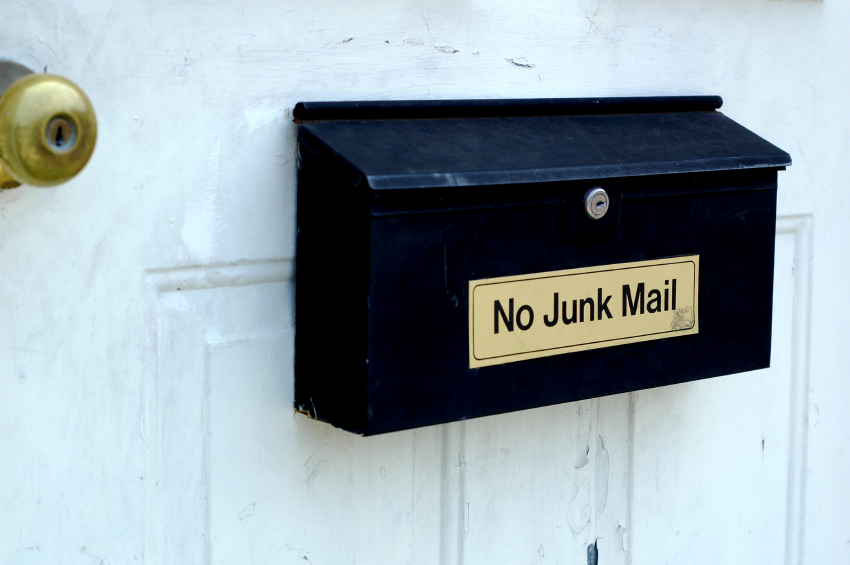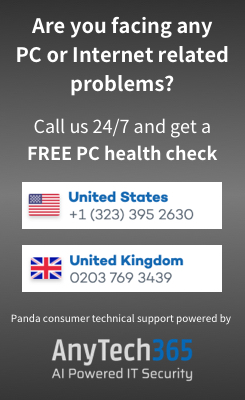The smart home technology industry has been growing over the years, and it is worth tens of billions as more and more families opt-in, lured by the conveniences offered by the intelligent gadgets. Users living in smart homes can perform pretty neat tasks such as remotely keeping an eye on property and pets, controlling the lights using voice or a smartphone, and even allowing couriers to deliver packages safely in a garage or inside the home.
However, the more intelligent home gadgets are installed, the bigger the risk of cyber criminals trying to take advantage of possible loopholes in those smart devices. There have been multiple reports of strangers talking through baby monitors, homes being unlocked by hackers probably located on the other side of the world, and cyber psychopaths cranking up the heat on Google Nest thermostats for no apparent reason. So how to stop this from happening in a household? Here are our tips to stay safe.
WiFi network security
Staying on top of a WiFi network security is one of the best things a person can do to protect a home from virtual invasions. Splitting up the WiFi network is helpful – the main network could be assigned to household smartphones and laptops, and the guest network could support all smart devices. It is also beneficial to replace WiFi routers with newer models, keep the routers’ firmware updated, and monitor the list of WiFi network clients connected to the home WiFi for suspicious behavior.
Strong passwords and good password hygiene
Most of the stories seen on mainstream media about families being terrorized by hackers connected to their smart devices are based on people who somehow exposed or reused passwords that somehow ended up in the hands of a cyber thug. Unfortunately, most of these people become victims simply by failing to follow basic password hygiene. Changing passwords every three months and using strong passwords with both small and capital letters, numbers and special characters is a must.
Firmware updates
Having a stranger open your garage door using your smart garage door opener sounds terrible. Having a criminal unlock your front door smart lock sounds awful too. Making sure that all smart gadgets at home are running the latest firmware is mandatory if you never wish to be a victim. Manufacturers work hard to stay on top of the latest cybersecurity threats, and they always patch vulnerabilities in the form of firmware updates. Take advantage of those efforts and keep the firmware of those devices updated.
Two-factor authentication
Enabling two-factor authentication is strongly recommended when offered by innovative home tech manufacturers. It provides a second layer of security that is not perfect, but it is better than just hoping that no hacker knows your password. Over the years, there have been so many data breaches that having a 2FA is proven to be a real blessing for smart home technology owners. No average criminal would go to a great length such as hacking a SIM card to mess with a smart thermostat or a garage door opener.
Antivirus software
Arguably the most effective way to stay on top of your home cyber security is to have high-end antivirus software installed on any smart device that allows it. Hackers will not be able to exploit a stolen password simply because they would not be able to steal it from a well-protected smartphone in the first place. Additionally, bad actors won’t be able to take advantage of exploits as your quality antivirus software solution would likely come with the capability to detect third-party applications pending updates and be able to do those patches and updates for you.
The convenience of having innovative technology that eases your life sometimes comes at a price. And the price is not only buying those often-overpriced home gadgets or the subscriptions that come with some of them. The price you also pay is your privacy and your security. Intelligent devices collect a lot of data and are often filled with vulnerabilities ready to be exploited by hackers. However, your chances of becoming a victim decrease immensely if you remain vigilant and maintain good cyber security hygiene.








